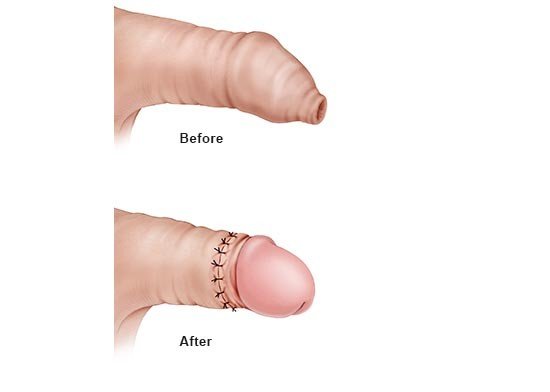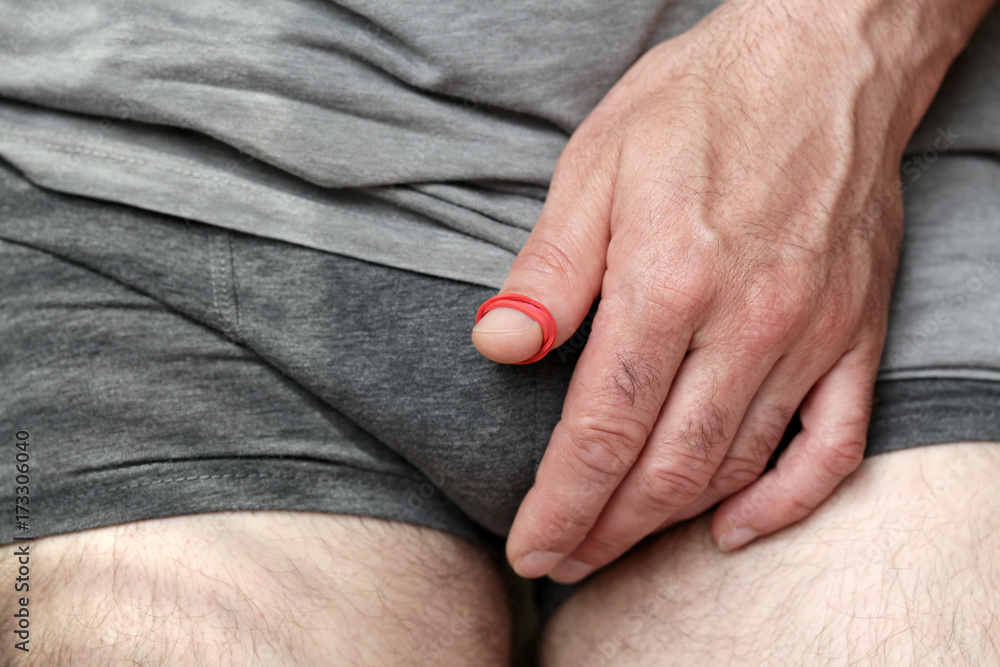
Kikiros classification of phimosis severity grade: grade 0 = full
Download scientific diagram | Kikiros classification of phimosis severity grade: grade 0 = full retractability; grade 1 = full retraction but tight behind glans; grade 2 = partial exposure of glans; grade 3 = partial retraction, meatus just visible; grade 4 = slight retraction, but some distance between tip and glans, i.e., neither meatus nor glans can be exposed; grade 5 = absolutely no retraction. from publication: Can circumcision be avoided in adult male with phimosis? Results of the PhimoStopTM prospective trial | Background: Circumcision as surgical treatment of adult phimosis is not devoid of complications. Efficacy of alternative non-surgical options is unclear. PhimoStopTM is a therapeutic protocol which involves the use of appropriately shaped silicone tuboids of increasing size | Circumcision, Adults and Male | ResearchGate, the professional network for scientists.

Phimotic ring topical corticoid cream (0.1% mometasone furoate) treatment in children - ScienceDirect

PDF) Can circumcision be avoided in adult male with phimosis? Results of the PhimoStopTM prospective trial

Kikiros grade comparison before and after treatment (PP)

PDF) Can circumcision be avoided in adult male with phimosis? Results of the PhimoStopTM prospective trial

Retractability grading of phimosis by Kikiros et al.

PhimoStop TM device. (A) Standard tuboids (top row) and intermediate

Marco Carilli's research works Azienda Ospedaliera San Carlo Borromeo Milano, Milan (A.O. San Carlo Borromeo Milano) and other places

Phimotic ring topical corticoid cream (0.1% mometasone furoate) treatment in children - ScienceDirect

Marco Carilli's research works Azienda Ospedaliera San Carlo Borromeo Milano, Milan (A.O. San Carlo Borromeo Milano) and other places

Phimotic ring topical corticoid cream (0.1% mometasone furoate) treatment in children - ScienceDirect








